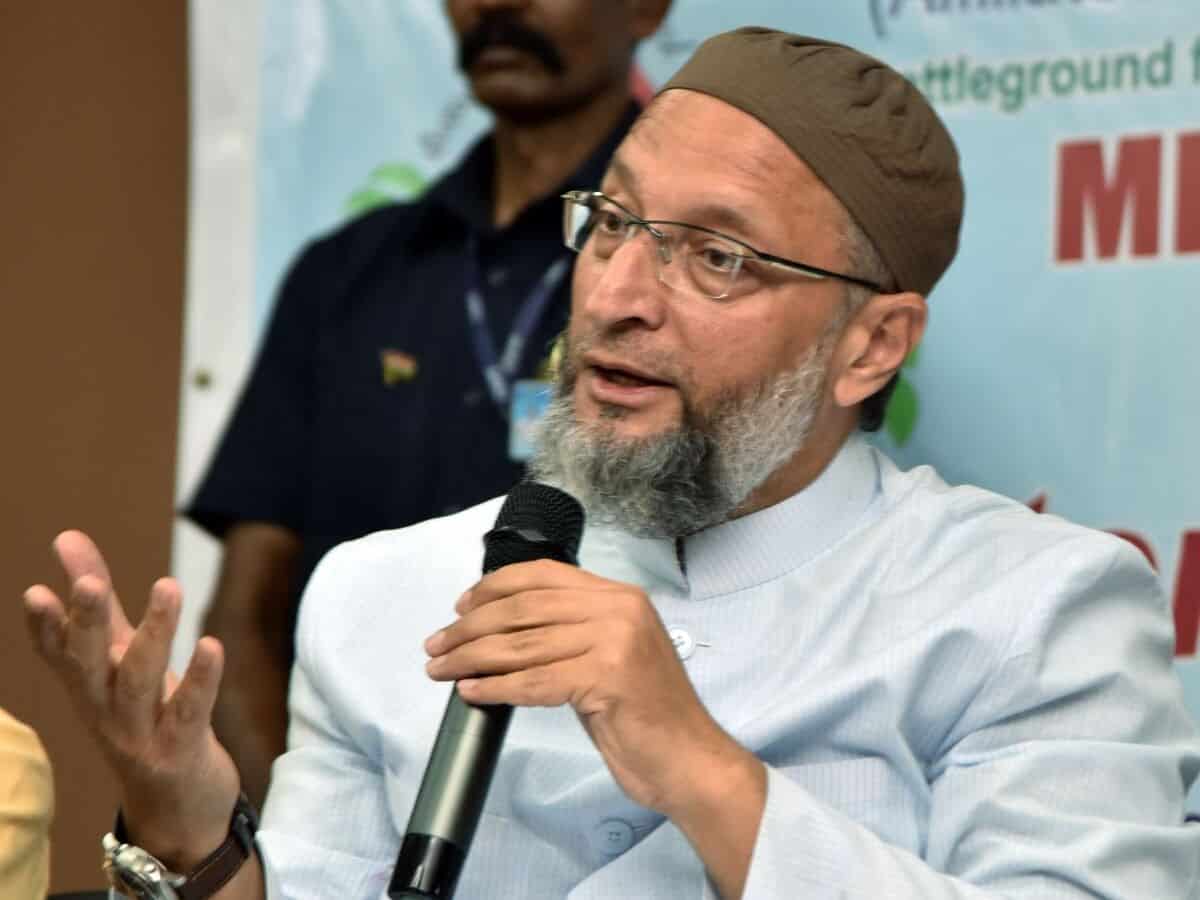
Hyderabad: All India Majlis-e-Ittehadul Muslimeen (AIMIM) chief Asaduddin Owaisi claimed on Monday, January 15, that ‘One Nation, One Election’ will be a disaster to India’s democracy and federalism. “It is like a solution that searches for the problem,” he said.
In a letter to secretary of high-level committee for ‘One Nation, One Election’ Niten Chandra, Owaisi objected to the proposal. He also shared a copy of the letter on social media.
He said that he had put forward the “substantive objections” to the proposal multiple times based on constitutional law. However, the objections, both preliminary and substantive, were sidestepped.
Citing the first requirement of lawmaking in democracies, which is justifying why a policy needs to be made, he claimed there was no rationale provided by the government.
“The parliamentary standing committee, NITI Aayog, or the Law Commission did not demonstrate why such a step needs to be taken. Instead, the discussion has been focused on how it can be implemented,” Owaisi wrote in a letter.
He also highlighted the high-level committee’s terms of reference were ‘flawed’, stating that the concentration is on the “creation of an appropriate legal and administrative framework for holding simultaneous elections on a permanent basis”. However, it has not been explored whether the change in the system is constitutionally permissible.
Reminding the value of electoral democracy in India’s constitutional edifice stand, he said, “Voters are not like rubber stamps. Elections cannot be subject to such weak considerations as administrative convenience or economic viability.”
“If constitutional requirements were subject to financial or administrative considerations, then it would lead to absurd consequences: should one do away with permanent civil services or police because of costs? Should one stop recruiting judges because of pendency?” Owaisi asked.

